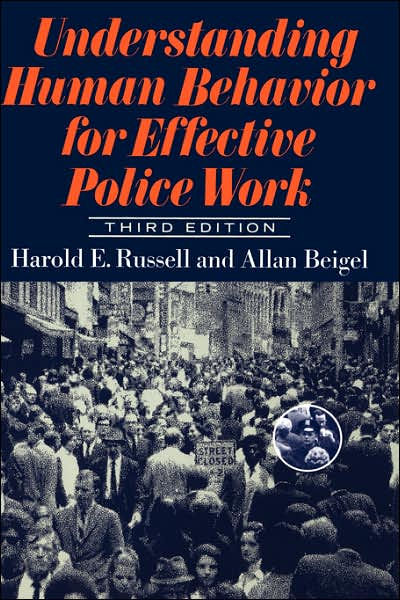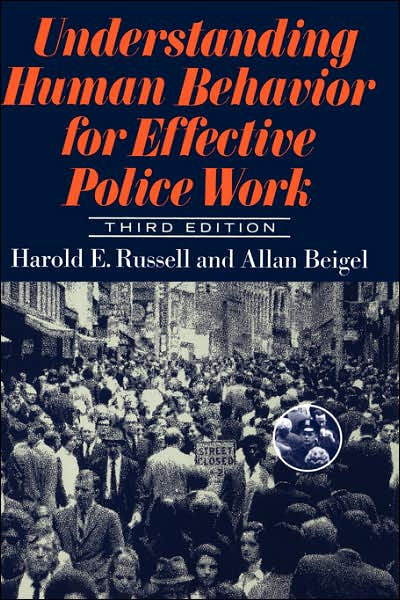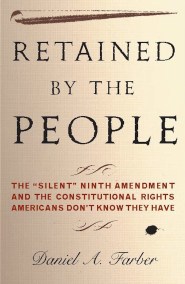Promotion
Use code MOM24 for 20% off site wide + free shipping over $45
Understanding Human Behavior For Effective Police Work
Third Edition
Contributors
By Alan Beigel
Formats and Prices
Price
$52.00Price
$66.00 CADFormat
Format:
Hardcover $52.00 $66.00 CADThis item is a preorder. Your payment method will be charged immediately, and the product is expected to ship on or around October 10, 1990. This date is subject to change due to shipping delays beyond our control.
Also available from:
When it first appeared in 1976, Understanding Human Behavior for Effective Police Work quickly became the foremost guide for the officer on the force and the recruit in the classroom. Today, the new third edition is still the only comprehensive book on the subject. Thoroughly revised and updated, this edition covers important new developments in the field, including the emergence of Critical Incident Stress Debriefing Teams, which help emergency service personnel survive the impact of critical incident stress. This edition also addresses the psychological aspects of proactive police work. In a world ridden by drugs and violence, it is no longer enough merely to respond to incidents. Police forces around the country are being called upon to perform community-based services to reclaim neighborhoods dominated by crime.As in the previous editions, the heart of the book is a virtual catalog—enlivened by vivid case histories—of the kinds of deviant behavior today's police officer is likely to confront, along with valuable suggestions on identification and management.
Genre:
- On Sale
- Oct 10, 1990
- Page Count
- 464 pages
- Publisher
- Basic Books
- ISBN-13
- 9780465088591
Newsletter Signup
By clicking ‘Sign Up,’ I acknowledge that I have read and agree to Hachette Book Group’s Privacy Policy and Terms of Use







